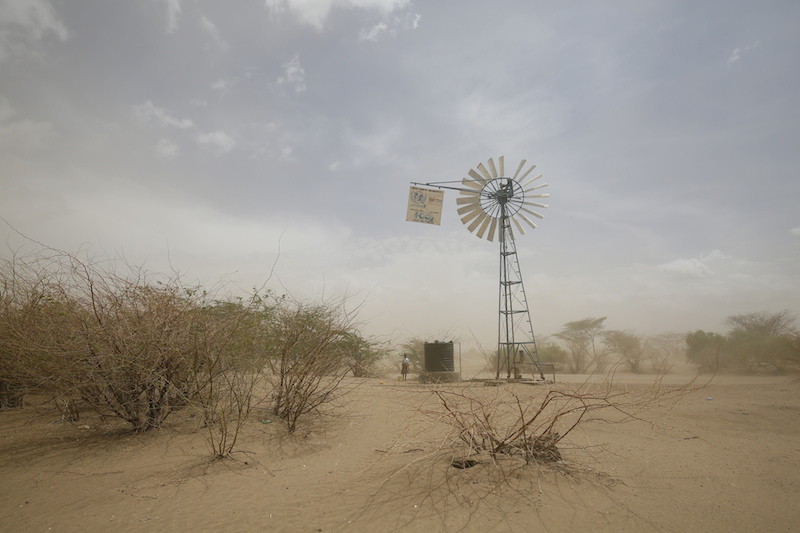Drought Has Long-Term Climate Consequences, Study Shows
Tim Radford / Climate News Network
By Tim Radford / Climate News Network
In the world of climate change, dryland ecosystems could be condemned to drought’s lingering death. Woodland and plantlife could be hit by severe and sustained dry spells. When the rains come at last, recovery could be faltering and incomplete.
And very soon those species that do revive and resume growth could find themselves in unfamiliar company.
U.S. researchers have been looking, once again, at the long-term consequences of climate change and the damage to landscapes increasingly threatened by drought.
And, they write in Nature, more frequent droughts predicted for the future may not allow ecosystems enough time to recover before the next prolonged dry spell.
Knowledge gaps
“There was a broad presumption that ecosystems and plants recovered almost immediately when the weather got wetter,” said William Anderegg, a biologist at the University of Utah. “We didn’t know what the patterns were globally, including which plants seemed to recover faster and which variables influenced that recovery time.”
Drought, for many regions, is on the way: separate teams of researchers have warned of heat and drought for the forests of the northern hemisphere, and more specifically for the beech forests of Europe, and have repeatedly warned of drought damage to the world’s greatest rainforest, the Amazon.
Such droughts have impacts that go far beyond any one forest region: researchers have suggested that what happens in one region could have long-term consequences for ecosystems far away, and most certainly severe drought in the Amazon would have knock-on effects that would be felt worldwide.
The research team considered drought from three aspects. They defined a simple, meteorological drought that meant less than usual precipitation. They also considered the agricultural challenge: a dry spell impairs plant productivity. And then they considered drought as a hydrological problem: that moment when lakes, reservoirs and aquifers begin to dry up.
Increasing impact
They considered the whole package of temperature, recent rainfall, soil moisture, and the vegetation’s demand for water.
They defined “recovery” from drought, not as the renewed growth with fresh rainfall, but the slower return of the whole ecosystem to the full productivity it demonstrated before the drought.
And they used satellite data to identify the patterns of recovery from some of the more severe droughts around the world, including the recent dry spell that parched California.
The research shows that recovery takes longest in the tropics and high northern latitudes, especially in the Russian Far East and Alaska, and that drought impacts increased throughout the 20th century. In some cases, they found, recovery could take longer than the period of the original drought. In some cases there may be no recovery.
“There are likely to be places in California where the drought was so severe that the ecosystem will not fully recover to the previous level because so much of the vegetation has died,” Dr Anderegg said.
“Plants can be irreversibly damaged during drought stress. They can lose part of their water transport systems, and that damage can take years to recover.”
And then there is the chance of a second drought, hard on the heels of the first. The Amazon was hit by drought in 2005 and then in 2010, long before some of the forest had recovered.
“That could have a double whammy effect. A second drought could be harder on an ecosystem and have the potential to push it off a cliff.”
One of his co-authors, Yuanyuan Fang of the Carnegie Institution in Washington, said: “If another drought arrives before trees have recovered from the last one, the ecosystem can reach a ‘tipping point’ where the plant’s ability to function is permanently affected.”




